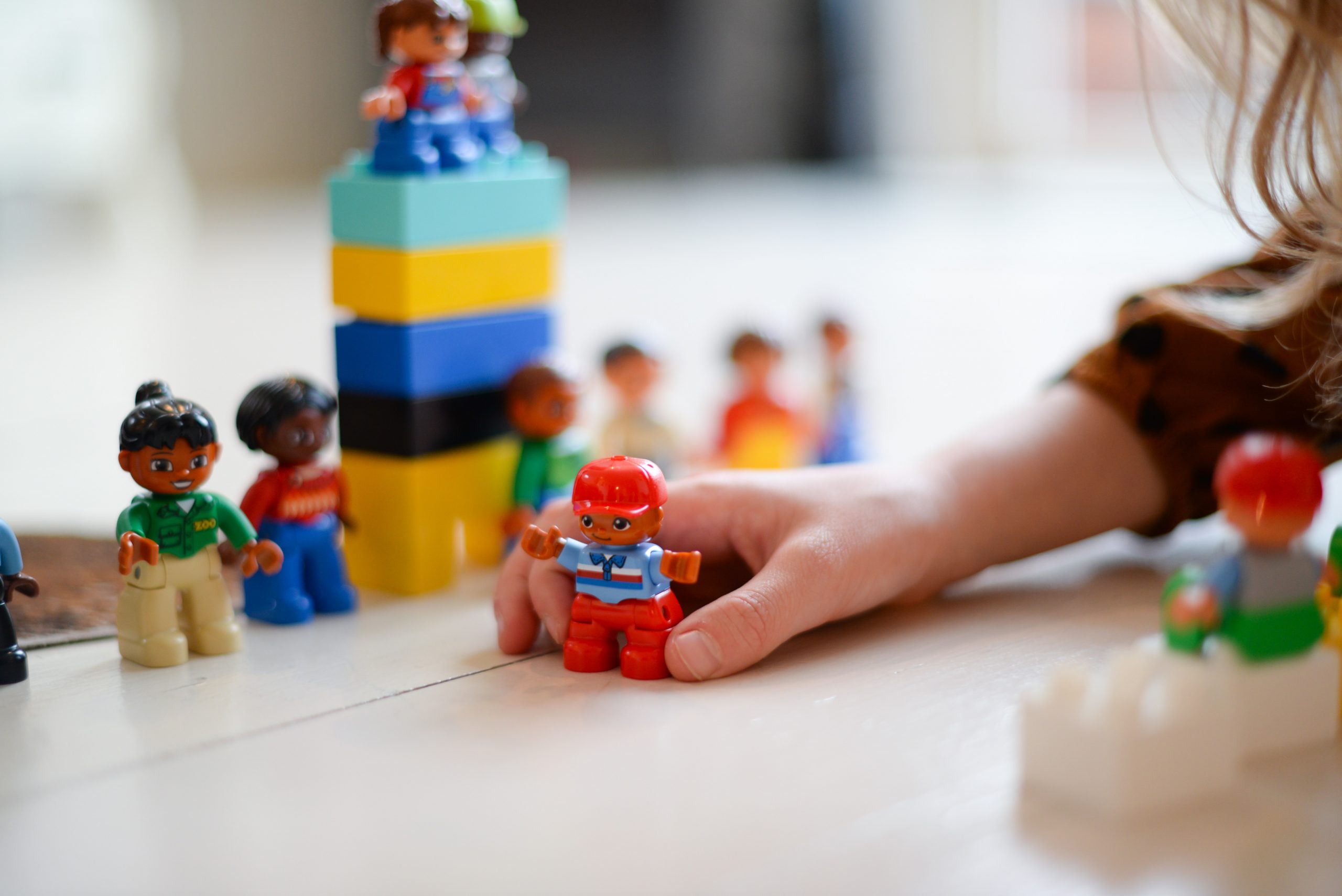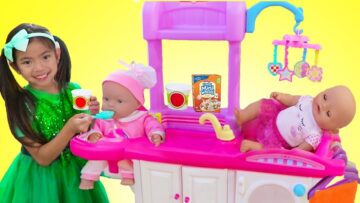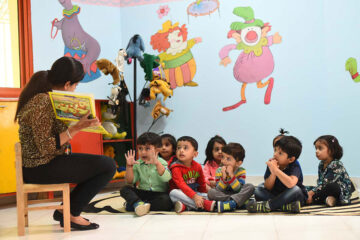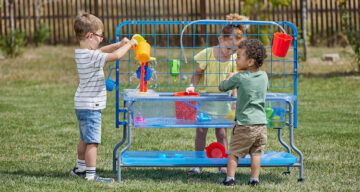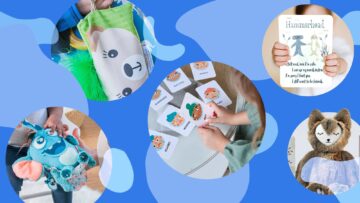
Childhood is a critical time for development, and children learn best through play. Toys play a vital role in shaping a child’s growth and development, going beyond mere entertainment. One essential aspect of a child’s development is social-emotional learning (SEL), which encompasses understanding emotions, developing empathy, building relationships, and effective communication. This blog will explore the importance of social-emotional learning in children and highlight some toys that can significantly contribute to fostering these skills.
Importance of Social-Emotional Learning:
Social-emotional learning lays the foundation for a child’s well-being and success. It helps children recognize and manage their emotions, develop positive relationships, and make responsible decisions. As children grow, they face various challenges, such as peer pressure, conflicts, and stress. By developing strong social-emotional skills, children are better equipped to handle these situations healthily and constructively.
Toys as Powerful Tools for Social-Emotional Learning:
Toys offer an experiential and engaging way for children to learn and practice social-emotional skills. Children can explore their feelings, interact with others, and understand different perspectives through play. Here are some toys that can significantly promote social-emotional learning in children:
- Pretend Play Sets: Pretend play sets, like kitchen sets, doctor kits, and dollhouses, encourage imaginative play and role-playing. Children can assume different roles and act out various scenarios, enabling them to understand emotions, practice empathy, and develop social skills as they interact with other “characters.”
- Emotion Recognition Games: Board games or card games focused on emotions and feelings are excellent tools for children to learn how to identify and express emotions. These games help children recognize facial expressions and body language, enhancing their emotional intelligence.
- Building Blocks: Building blocks enable children to work collaboratively, promoting teamwork and communication skills. As children construct structures, they learn to share ideas, resolve conflicts, and appreciate each other’s contributions.
- Storytelling Sets: Storytelling sets with story cards or puppets allow children to create and share stories. This activity helps children express themselves creatively, understand different perspectives, and develop listening skills while engaging in storytelling sessions with others.
- Emotionally Themed Books: Books that explore emotions and social situations are valuable tools for social-emotional learning. Reading these books with children and discussing the characters’ feelings and actions can lead to meaningful conversations about empathy and problem-solving.
- Collaborative Art Kits: Art provides an outlet for emotional expression. Collaborative art kits encouraging children to create art together help build teamwork, communication, and a sense of community.
- Puzzles and Cooperative Games: Puzzles and cooperative games necessitate teamwork, patience, and communication among children. These activities promote a sense of unity and the value of working together to achieve a common goal.
- Emotion Sorting Toys: Toys that involve sorting emotions or faces according to different feelings enable children to categorize emotions and recognize their diversity. This activity can lead to discussions about why people might feel a certain way in specific situations.
Conclusion:
Social-emotional learning is essential to a child’s overall development, and toys play a vital role in fostering these skills. Children can explore and understand their emotions through play, practice empathy, build relationships, and enhance communication. As parents, caregivers, and educators, we must prioritize toys that promote social-emotional learning and provide children with the tools to navigate their emotional landscape and develop into emotionally intelligent and socially competent individuals. By investing in these toys, we invest in our children’s future and equip them to face life’s challenges with resilience and empathy. Let’s encourage using toys as powerful tools for social-emotional learning, making the childhood journey a joyful and enriching experience.















